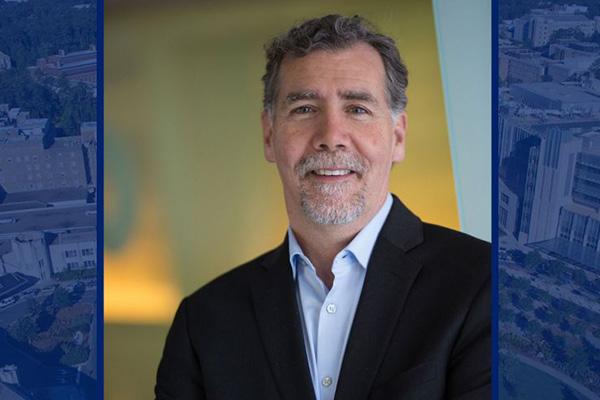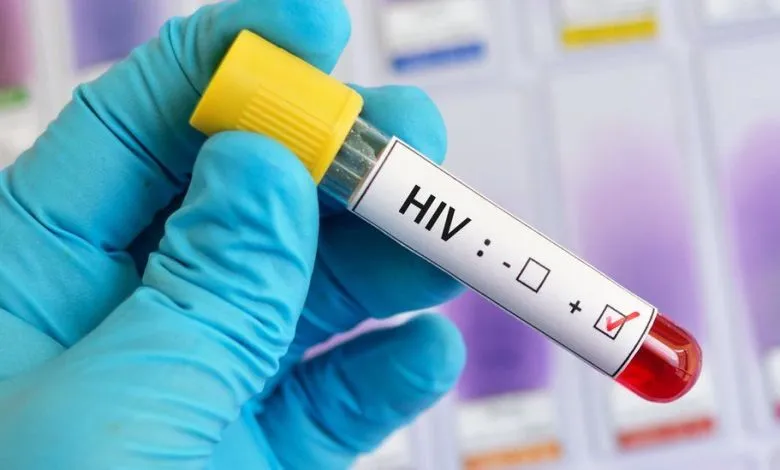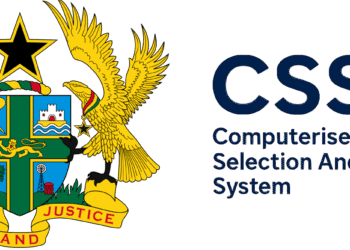After decades of progress in the global fight against AIDS, the abrupt suspension of U.S. funding has triggered what U.N. officials are calling a “systemic shock” to health systems worldwide. The funding freeze, which took effect in January following President Donald Trump’s order to suspend all foreign aid and shut down the USAID Agency, risks reversing hard-won victories and leaving millions vulnerable.
The withdrawal of the United States’ $4 billion commitment for 2025 could result in “more than 4 million AIDS-related deaths and 6 million more HIV infections by 2029,” the Joint United Nations Programme on HIV/AIDS (UNAIDS) warned in a report released Thursday.
The report describes an escalating crisis, detailing how the funding halt has “already destabilized supply chains, led to the closure of health facilities, left thousands of health clinics without staff, set back prevention programs, disrupted HIV testing efforts, and forced many community organizations to reduce or halt their HIV activities.”
Launched in 2003 under U.S. President George W. Bush, the President’s Emergency Plan for AIDS Relief (PEPFAR) has been the largest commitment by any nation to combat a single disease. It has supported testing for over 84 million individuals and provided treatment for more than 20 million. In countries like Nigeria, PEPFAR reportedly funded 99.9% of the national HIV prevention medicine budget.
Andrew Hill, an HIV researcher at the University of Liverpool, noted that while President Trump had the authority to reallocate American spending, “any responsible government would have given advance warning so countries could plan,” instead of forcing clinics to close overnight and stranding patients across Africa.
Four Million Lives At Risk
In 2024 alone, UNAIDS estimated 630,000 AIDS-related deaths globally, a figure unchanged since 2022 but far below the peak of 2 million in 2004. Nonetheless, progress remains uneven, particularly in sub-Saharan Africa, which still accounts for half of all new HIV infections.
Tom Ellman, Director of Doctors Without Borders’ South Africa Medical Unit, echoed these concerns. “There’s nothing we can do that will protect these countries from the sudden, vicious withdrawal of support from the U.S.,” he said, warning that no amount of domestic resource mobilization could close the gap left by the American exit.
The threat is not only clinical but informational. According to Dr. Chris Beyrer, Director of the Global Health Institute at Duke University, U.S. funding also underpinned much of the HIV data collection across Africa. “Without reliable data about how HIV is spreading, it will be incredibly hard to stop it,” he emphasized.

Meanwhile, hopes for medical breakthroughs remain high. Recent studies show that Yeztugo, a twice-yearly injectable from pharmaceutical giant Gilead, has demonstrated 100% effectiveness in preventing HIV. Last month, the U.S. Food and Drug Administration approved the drug, a development that could have marked a new chapter in eradicating AIDS.
At the product’s launch in South Africa, Health Minister Aaron Motsoaledi declared the government’s intent to deliver the drug to those most at risk, stating, “We will move mountains and rivers to make sure every adolescent girl who needs it will get it.” He also admitted the continent’s dependency on U.S. funding was “scary.”
Gilead agreed to license generic versions of the drug to 120 low-income countries, but nearly all of Latin America, where HIV infection rates are rising, was excluded.
Peter Maybarduk of Public Citizen lamented the broader implications. “We could be ending AIDS,” he said. “Instead, the U.S. is abandoning the fight.”
As international health systems grapple with the fallout, UNAIDS warns that without immediate and substantial funding replacements, the world may see decades of progress against HIV and AIDS unravel.
READ ALSO: Minority Condemns Gov’t Over LGBTQ UN Vote



















